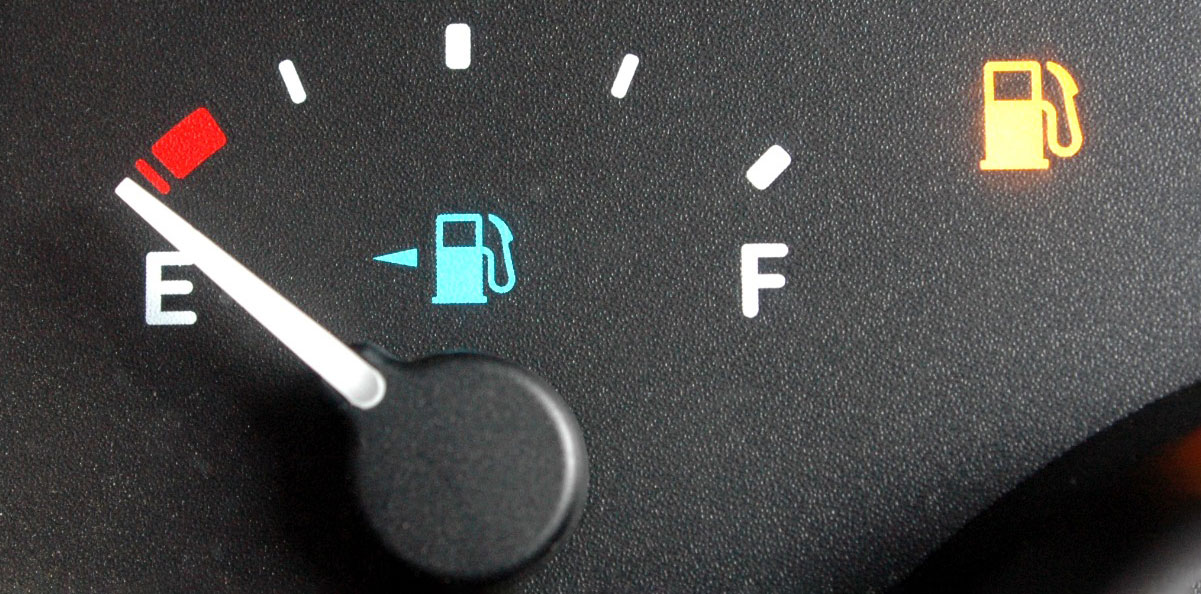Having held steady through a tough two years, GPs in Melbourne’s northwest say there’s ‘nothing left in the tank’.
After enduring successive waves of variants and the toughest, longest lockdowns in the country, the reality of “living with covid” is what some Melbourne GPs say has pushed them to breaking point.
“There’s a Code Brown for hospitals, but what happens to primary care?” East Brunswick GP Dr Raymond Wen told The Medical Republic.
“We’ve had an inability to recruit doctors or nurses from overseas and people are also being soaked up into state-funded vaccination or respiratory clinics.
“You’ve got a decreased primary care workforce trying to cope with increased demands.”
Dr Wen, who is Chair of the North West Melbourne PHN General Practice Expert Advisory Group, said other GPs in the advisory group had “essentially broken down” in a recent meeting.
“[It is an] immense strain that they’re under and doing the best they can, they’re doing a great job,” he said.
“But this pandemic isn’t looking like it’ll end any time soon.”
The rapid shift in strategy from elimination to living with the virus right as the Omicron variant emerged is one potential reason GPs in the southern state are feeling additional pressure.
“You’ve got this cognitive shift that’s happened where we’ve gone from covid-zero to covid-living-with-it, and we’ve been expected to make that shift in two months,” Dr Simon Benson, another NWMPHN advisory group member, told TMR.
“It’s just way too quick to make that shift for people – you can’t go in one breath from ‘covid is the most deadly, horrible thing in the world and you all need to stay home’ … to ‘oh she’ll be right, we can just get on with it’.
“Now [we’re told that] it’s just a cold – which it isn’t – and that shift has put a lot of anxiety amongst people.”
While Dr Benson describes himself as a big believer in helping as many people as he can, this week he had to turn down a colleague’s plea for the practice to take on more covid-positive cases.
“I just had to say we can’t do it – as a practice, we literally can’t do it,” the Sunshine GP said.
“We have to reach out to our diabetic patients and make sure they’ve had their sugars measured in the last 12 months, six months, three months.
“We need to look at our cervical screening and make sure the pap smears are done.
“We need to look at our breast screening and make sure that they’ve been done because there are going to be people in those groups who have breast cancer who don’t know it yet.”
With “nothing left in the tank”, the practice has also been unable to take part in the five- to 12-year-old vaccine rollout, despite participating in other phases.
“It isn’t just about money – it’s also about having the people [to actually do the vaccinations],” he said.
“You can’t just magic up GPs.”
The PHN is calling for more federal support for primary care, warning of “disaster waiting to happen” if GPs are allowed to burn out at the current rate.
It has also called for governments to brief the general practice sector before major announcements, so that GPs don’t hear about important changes through their patients, their receptionists or the evening news.
Both Dr Wen and Dr Benson expect the situation to worsen over the coming months.
They are both particularly concerned about the impact of delayed diagnoses being somewhat hidden by the celebration around Australia’s initial success at keeping covid controlled.
“What will happen is the number of cancers, the number of diabetics poorly controlled, the number of operations that needed to be done – those numbers are going to be what we see [instead of direct covid deaths],” Dr Benson said.
“That’s the real cost that we will experience here in Australia, and that will be cold comfort to the people who are in hospital right now with covid.”





